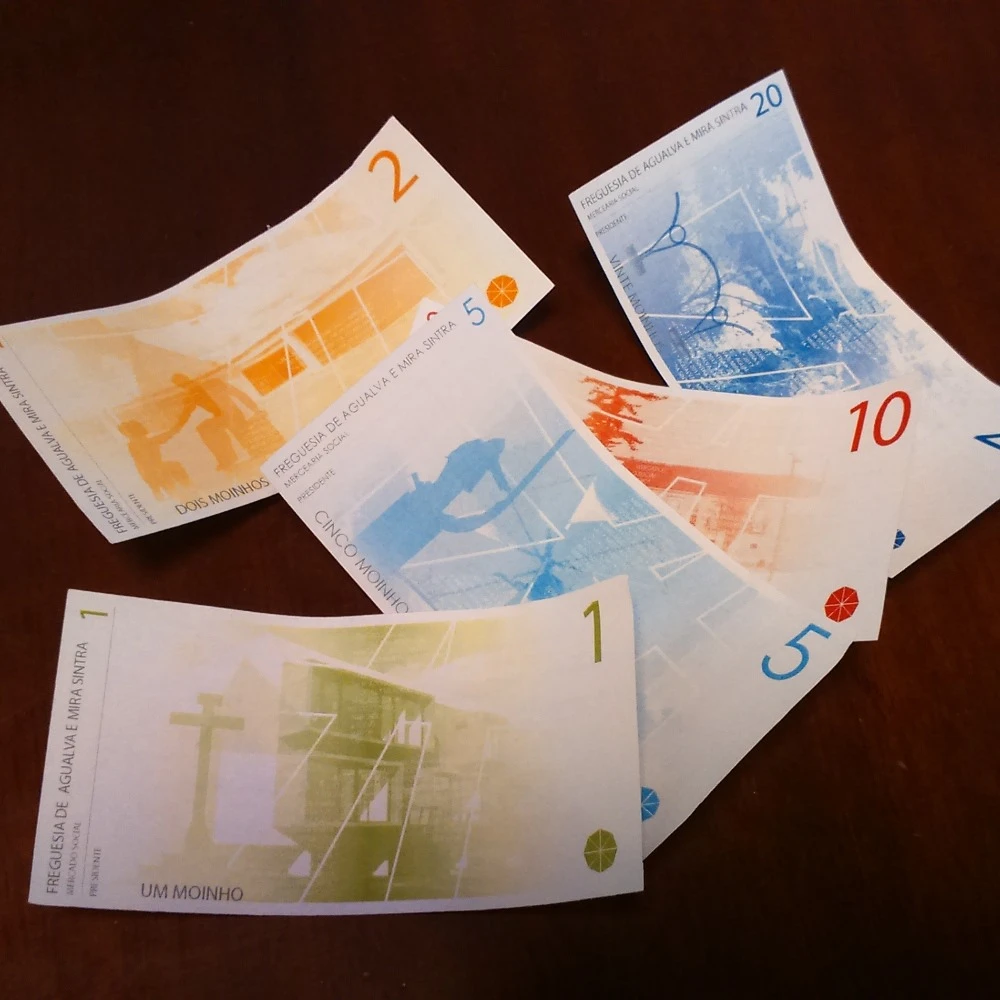Social currencies
Social currencies, also known as local, complementary and alternative currencies, are an old phenomenon with a significant proliferation across the planet.
They are a resource that only has value within a given network, municipality or region. The dominant approach is to defend the creation of these currencies as instruments for promoting proximity consumption. This is money that circulates within a community, between neighbors and local businesses, bringing wealth to a territory and fostering more sustainable economic relations.
Their purpose differs from traditional currencies, among other things, in that they are aimed at circulation and exchange, rather than accumulation - a genetic tendency of capitalism.
In Europe, these currencies gained new strength and importance after the international financial crisis of 2008, as well as during the pandemic, when communities most felt the need to self-organize in order to cope with the scarcity of resources and difficulties in accessing essential goods and services.
There are countless forms of local currency, some of which have been promoted by local governments, for example to: promote "zero kilometer" consumption; encourage the purchase of products and services from local businesses; support the creation of short production and consumption circuits; facilitate access to essential services; encourage recycling and composting, among other current trends.
In essence, these currencies involve a dynamic of community participation, based on the identity of a territory, a sense of belonging and mutual trust, which is why the Network of Participatory Local Authorities aims to contribute to building knowledge and producing skills on the subject in question, and has therefore outlined an action front that includes mapping this type of initiative, publishing content on good practices and carrying out actions to share experiences.
If you know of a local currency experience created by a local authority and would like to contribute to the Observatory under construction, please fill in the form below and send it to the Network's Technical Secretariat at rap@oficina.org.pt.

